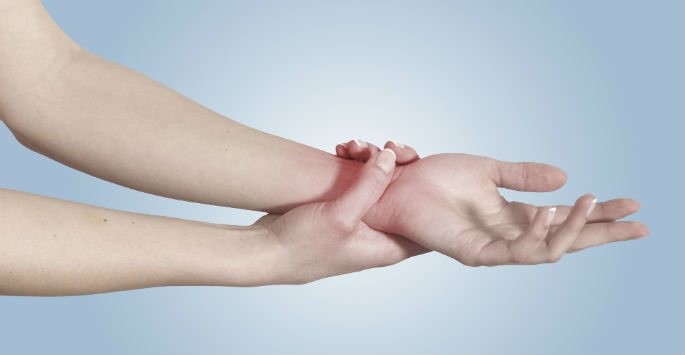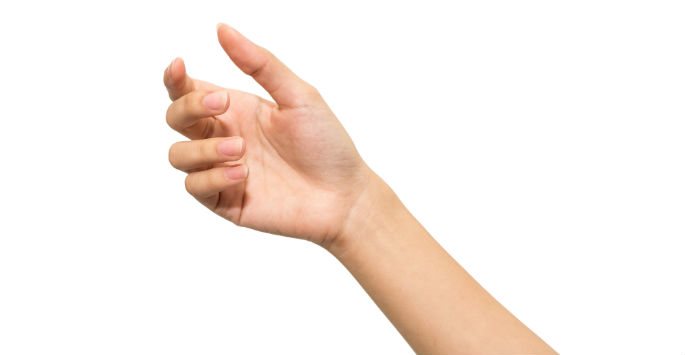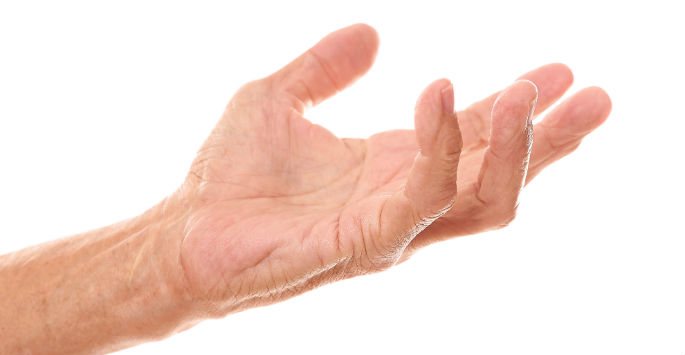Dupuytren’s contracture is a condition in which small nodules develop in the connective tissue in the palm. The nodules can eventually form cords of tissue that extend from the palm up one or more fingers, and the resulting structure pulls (contracts) the affected finger towards the palm. It can affect one or both hands, and one or multiple fingers per hand. It is not a life-threatening or painful condition, but it can cause serious disability, especially if it affects the thumbs. This is where Dupuytren’s contracture surgery can help.
What Causes Dupuytren’s Contracture?
The cause appears to be primarily genetic. It mostly affects people of Northern European descent who are in their 50s and 60s, although some cases have been reported in children and the elderly. Men are more likely to be affected than women. It is possible that smoking, diabetes, and certain medications may trigger the condition in susceptible people, but this hasn’t been proven for sure.
What are the Treatment Options?
For mild cases, injections into the cords or insertion of a needle to slice through the cords can correct the condition. For severe cases, however, a minor surgical procedure known as Dupuytren’s contracture surgery is necessary to restore normal function to the hand.
Any individual experiencing difficulty in using a hand due to this condition should consider surgical treatment. Dupuytren’s contracture surgery isn’t typically recommended for individuals who are not experiencing impairment. Removal of the nodules and cords prior to impairment will not prevent the condition from progressing to impairment because new nodules and cords will simply recur. Even after surgical treatment, new nodules and cords can form and it may be necessary to perform additional procedures.
After the surgical site has healed, most patients require a regimen of physical therapy to restore full use of the hand, particularly if more than one finger or the thumb had been affected. Some patients with severe cases may require months of physical and occupational therapy before regaining full hand function.
You can get all the facts about your treatment options, including Dupuytren’s contracture surgery, during an initial consultation with Dr. Arora at Arora Hand Surgery. We have offices in Warren, Howell, Macomb, and West Bloomfield. Contact us today to book your appointment!





















